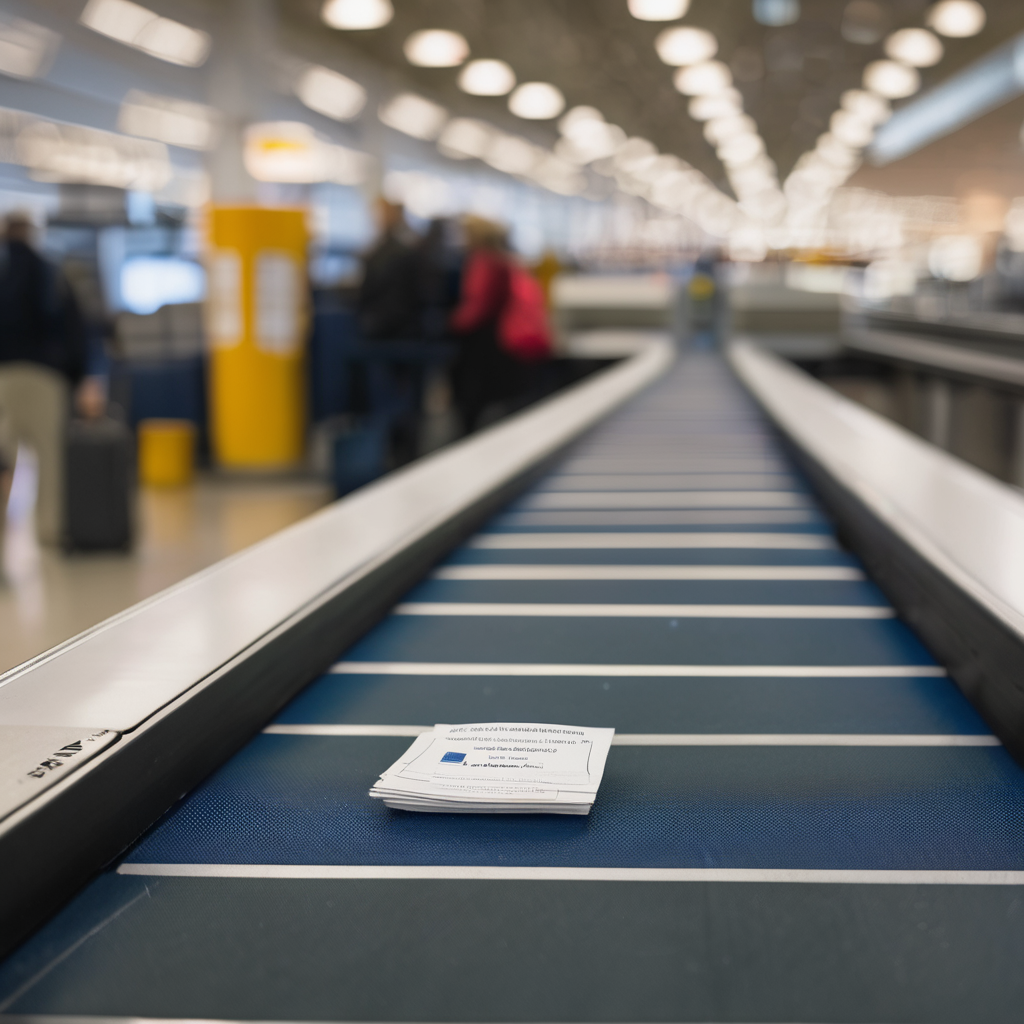The ongoing government shutdown has intensified concerns about its impact on the U.S. aviation system, with the Trump administration using the situation to apply pressure on Democrats. As the shutdown stretches into its second month, approximately 700,000 federal employees are working without pay. Although air traffic controllers constitute a small fraction of that workforce, their situation is receiving significant attention, particularly from Vice President JD Vance, who warned that continued stress could lead to a potential disaster for air travel, especially as Thanksgiving approaches.
Vance highlighted the concern that many air traffic controllers, who have already missed paychecks, could be deterred from showing up for work. He stated, “You’re talking about people who have missed three paychecks. How many of them are not going to show up for work?” This uncertainty is causing anxiety over potential delays and disruptions in air travel that could affect not just consumers but also the dedicated workers of the aviation industry.
Despite the dire warnings, early indications show that the impact of the shutdown on air travel has been relatively mild compared to past shutdowns. Transportation Secretary Sean P. Duffy noted at a recent news conference that disruptions have been fewer than previously observed, but he cautioned that the aviation system remains fragile and is currently short by 3,000 controllers.
Data from Cirium, an aviation analytics firm, indicates that the first weeks of the shutdown have shown average to above-average performance at major U.S. airports. Although some disruption has occurred, it is often related to weather conditions rather than staffing shortages. However, the percentage of delays attributed to staffing issues has fluctuated significantly, highlighting the instability in the system. While airlines typically adjust their operations during slower travel seasons, they have also been proactive in enhancing their efficiency through technology and lessons learned during the pandemic.
Airports such as Los Angeles International and Washington’s Reagan National have reported staffing shortages, raising alarms about a possible systemwide slowdown. Data from Cirium has indicated a rise in cancellations at key New York-area airports and Boston’s Logan International, suggesting a potential ripple effect through the aviation system.
Moreover, the economic toll of the shutdown extends beyond air travel. The Congressional Budget Office estimates that the U.S. economy could face losses ranging from $7 billion to $14 billion, exacerbated by disruptions to crucial programs for low-income Americans. Secretary Duffy pointed out that many experienced controllers may manage, but new trainees—still adjusting to the field—face greater financial strain and uncertainty during this period.
The situation puts pressure on Duffy’s initiatives to recruit and train new air traffic controllers, which are vital for modernizing the national airspace system. While training can continue despite the shutdown, funding may soon be at risk, prompting some potential trainees to reconsider their career paths.
As the shutdown continues, the connection between federal employees missing paychecks and their morale becomes increasingly evident. This scenario not only affects air traffic controllers but also underscores broader concerns about how government dysfunction directly impacts essential services and workers. The predicament exemplifies the challenges of maintaining critical infrastructure amid political conflicts, revealing the delicate balance required to ensure a functioning aviation system and the well-being of its workforce.
